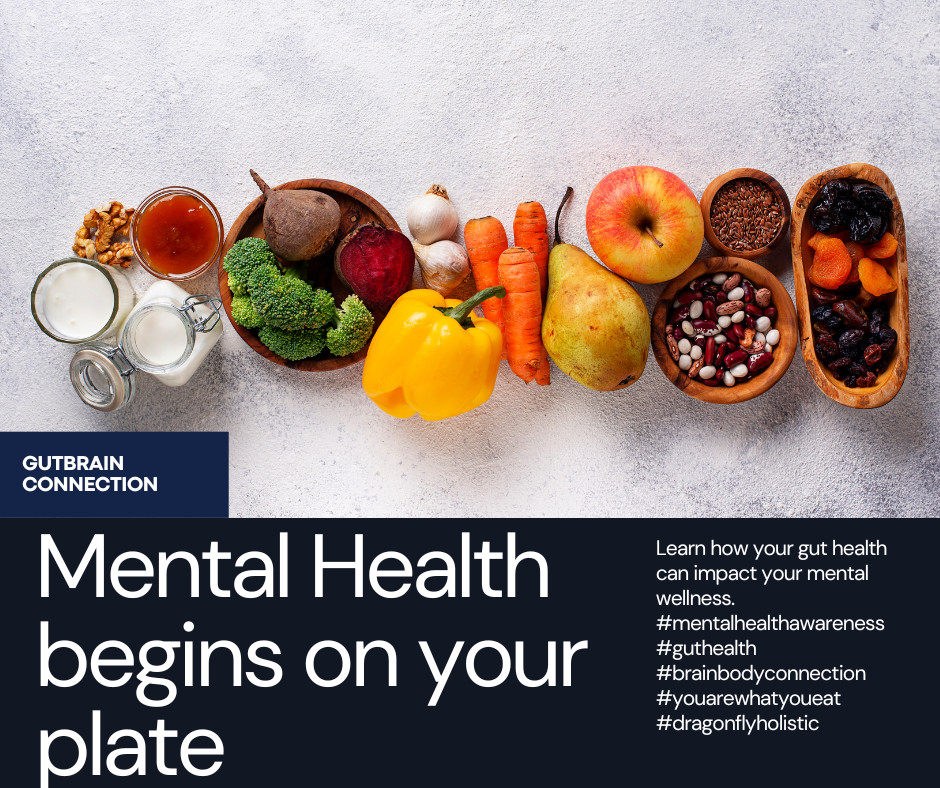
In an eye-opening exploration of food's grip on our minds and bodies, Dr. Joan Ifland, a renowned expert in food addiction, delves into the striking similarities between food and drug addictions at the "The Truth about Weight Loss" summit hosted by Better Life Summits. Dr. Ifland illuminates how processed foods, much like drugs, can hijack our brains' reward pathways, leading to a cycle of intense cravings and crashes. This cycle, driven by the corporations that once sold us tobacco, now exploit our biological responses to keep us reaching for processed food products that are deliberately designed to be addictive.
Dr. Ifland also highlights the insidious role of the food industry, tracing it back to tactics originally developed by tobacco companies. By uncovering documents from the tobacco industry's past, Dr. Ifland reveals how companies like RJ Reynolds have maneuvered their way into our diets, turning products like Hawaiian Punch and Oreo cookies into staples of childhood and beyond. These strategies, coupled with modern digital marketing, continue to entice and addict consumers from a young age, leveraging familiar mascots and social media to engage and ensnare the next generation in unhealthy eating habits.
Moreover, Dr. Ifland provides a stark analysis of the neurological impact of food addiction, detailing how the overstimulation of neurotransmitters like dopamine leads to a detrimental cycle of seeking substances to avoid withdrawal rather than for pleasure. However, she offers a glimmer of hope, suggesting that through understanding and consciously shifting our behaviors, we can begin to repair the damage and recover from addiction. By fostering connections and nurturing the oxytocin pathway, which is associated with love and bonding, there is a pathway towards healing, allowing us to reclaim control over our health and well-being.
Read more...
In a recent Mind Body Green training course, Dr. Robert Rountree shared his insights into the endocannabinoid system (ECS), a critical yet often overlooked aspect of our physiological functioning. The ECS, a complex cell-signaling system identified in the early 1990s, plays a key role in maintaining the body's homeostasis by regulating mood, memory, pain sensation, appetite, metabolism, and more. Dr. Rountree's experience in Colorado, a pioneer in legalizing medical marijuana, has allowed him to witness firsthand the benefits of nurturing the ECS to manage chronic conditions.
Activation of the ECS receptors, found throughout the body including the nervous system and the digestive tract, has far-reaching effects on our health. These receptors support various bodily functions, from neurotransmission and neurogenesis to managing stress responses and influencing our fight or flight mechanisms. Through his training, Dr. Rountree emphasized the system's adaptogenic nature, capable of down-regulating or up-regulating neuronal excitability to maintain equilibrium within the body.
Dr. Rountree also shared practical advice on how to support the ECS through diet and lifestyle changes. He highlighted the importance of consuming fatty acids, dietary phytocannabinoids from foods like dark chocolate, black pepper, and hemp products, and engaging in stress-reducing practices such as meditation and mindful movement. This holistic approach not only contributes to a balanced ECS but also enhances overall wellness, illustrating the significant impact of the ECS on our physical and mental health.
Read more...
Discover the fascinating connection between your gut and brain in our latest blog post! Recent scientific research reveals that the gut plays a crucial role in regulating our mood and motivation. It turns out that the gut produces around 90% of the mood-regulating serotonin and 50% of the dopamine responsible for our motivation and reward systems.
While scientists are still unraveling the exact mechanisms of this gut-brain connection, there's no denying the impact it has on our overall well-being. Low levels of serotonin can lead to mental health issues like anxiety and depression, while decreased dopamine can result in a lack of motivation. To keep these neurotransmitters flowing, make sure to consume tryptophan-rich foods like salmon and eggs for serotonin, and tyrosine-packed foods like steak and cheese for dopamine.
Taking care of your gut health by nourishing it with the right nutrients is vital. The trillions of microorganisms in your gut rely on the food you eat to produce essential brain chemicals. By maintaining a diverse and nutritious diet, you can support your gut microbiome and reap the benefits of a healthier brain and body. So, become a gut guru and embrace the good vibes that come from a well-nourished gut!
Read more...



